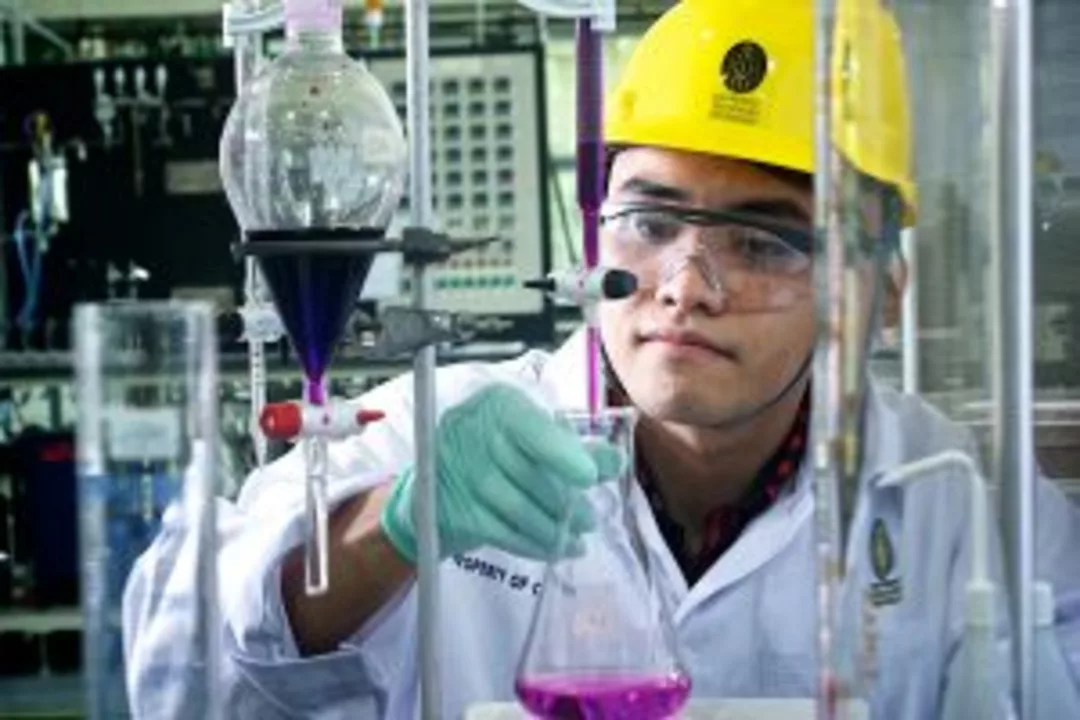What a Chemical Engineer Does in Motorsports
If you love the roar of engines and wonder why chemistry matters at breakneck speeds, you’re in the right place. A chemical engineer brings lab‑level know‑how to the pit lane, turning raw materials into faster, safer, and greener race cars.
Fuel – The Lifeblood of a Race Car
Fuel isn’t just gasoline; it’s a carefully balanced cocktail of hydrocarbons, additives, and performance boosters. Chemical engineers design formulas that deliver maximum power while keeping the engine cool. They test octane ratings, study how fuel burns under extreme G‑forces, and tweak mixtures so drivers get more thrust without blowing a piston.
In modern series, sustainability matters too. Engineers work on bio‑fuels and synthetic blends that cut CO₂ emissions but still hit the same lap times. The result? Teams can race hard and claim a greener badge at the same time.
Materials – From Tires to Carbon‑Fiber Cockpits
Every part of a race car faces heat, stress, and vibration. Chemical engineers select polymers, resins, and composites that stay strong when temperatures soar. They help develop tire compounds that grip the track in rain or dry, and they shape carbon‑fiber layups that keep the chassis light yet rigid.
When a new material is introduced, engineers run lab tests, simulate crashes, and check how the material reacts to fuel spills or brake heat. Their work often ends up as safety upgrades that protect drivers during high‑speed impacts.
Safety – Chemistry Saves Lives
Fire suppression systems rely on chemical agents that extinguish flames instantly. A chemical engineer picks the right foam or powder, ensuring it works even on hot oil fires. They also design fire‑resistant suits and helmets, testing fabrics that won’t melt or catch sparks.
Beyond fire, they examine how coolant fluids prevent engine overheating and how lubricants reduce friction without breaking down under pressure. All these tweaks translate to fewer mechanical failures during a race.
Career Path – Getting Your Foot in the Door
Start with a degree in chemical engineering, then look for internships with racing teams, automotive labs, or fuel companies. Hands‑on experience with engine testing rigs or material labs is a huge plus. Many engineers begin in the aerospace or petrochemical sectors before switching to motorsports, where their skills become highly valued.
Networking at events like the Goodwood Festival of Speed or technical conferences can open doors. When you apply, highlight any project that involved high‑performance fuels, advanced composites, or safety testing – recruiters love real‑world results.
Future Trends – Where Chemistry Meets AI
Data analytics is now paired with chemistry to create “smart fuels” that adjust composition on the fly based on sensor feedback. Chemical engineers program algorithms that predict wear on components, letting teams replace parts before they fail.
Electrification is also changing the game. Engineers are developing high‑energy battery electrolytes and fast‑charging chemistries that keep electric race cars on the track for longer. The blend of chemistry and tech means the field will keep evolving, offering fresh challenges every season.
Bottom line: If you enjoy mixing formulas, testing materials, and seeing your work roar around a circuit, a career as a chemical engineer in motorsports could be your perfect pit stop.

Can a chemical engineer work in F1?
As a chemical engineer myself, I've always been curious if my expertise could be applied to the world of Formula 1 racing. After some research, I discovered that chemical engineers can indeed work in F1, particularly in areas such as fuel and lubricant development. These professionals can also contribute to the design and optimization of various car components, such as lightweight materials and efficient cooling systems. Additionally, chemical engineers can work on improving the sustainability of the sport through innovations in battery technology and alternative fuels. Overall, there are many opportunities for chemical engineers to make a significant impact in the exciting world of Formula 1 racing.